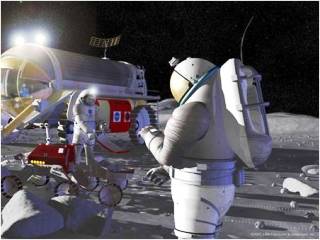Home » Course Layouts » Free Course Layout Udemy
This course is designed to provide both undergraduate and graduate students with a fundamental understanding of human factors that must be taken into account in the design and engineering of complex aviation and space systems.
0
English
English [CC]
- Learn basic syntax that can apply to any language.
- Learn what is a programming language and the basic concepts for beginners.
- Understand what is Javascript in it's truest form.
- Know the basic syntax of Javascript.
- Know some hidden quirks in Javascript.
Description
The primary focus is the derivation of human engineering design criteria from sensory, motor, and cognitive sources to include principles of displays, controls and ergonomics, manual control, the nature of human error, basic experimental design, and human-computer interaction in supervisory control settings. Undergraduate students will demonstrate proficiency through aviation accident case presentations, quizzes, homework assignments, and hands-on projects. Graduate students will complete all the undergraduate assignments; however, they are expected to complete a research-oriented project with a final written report and an oral presentation
Course content
- Introduction and vision I Unlimited
- Vision II Unlimited
- Space bioastronautics Unlimited
- Research methods I Unlimited
- Research methods II Unlimited
- Vestibular/spatial disorientation Unlimited
- Displays Unlimited
- Manual control I Unlimited
- Manual control II Unlimited
- Auditory Unlimited
- Decision making; FAA regulations Unlimited
- Attention/workload Unlimited
- Fatigue/circadian rhythms Unlimited
- Anthropometry/environmental ergonomics Unlimited
- Response selection and control of movement Unlimited
N.A
- 5 stars0
- 4 stars0
- 3 stars0
- 2 stars0
- 1 stars0
No Reviews found for this course.












